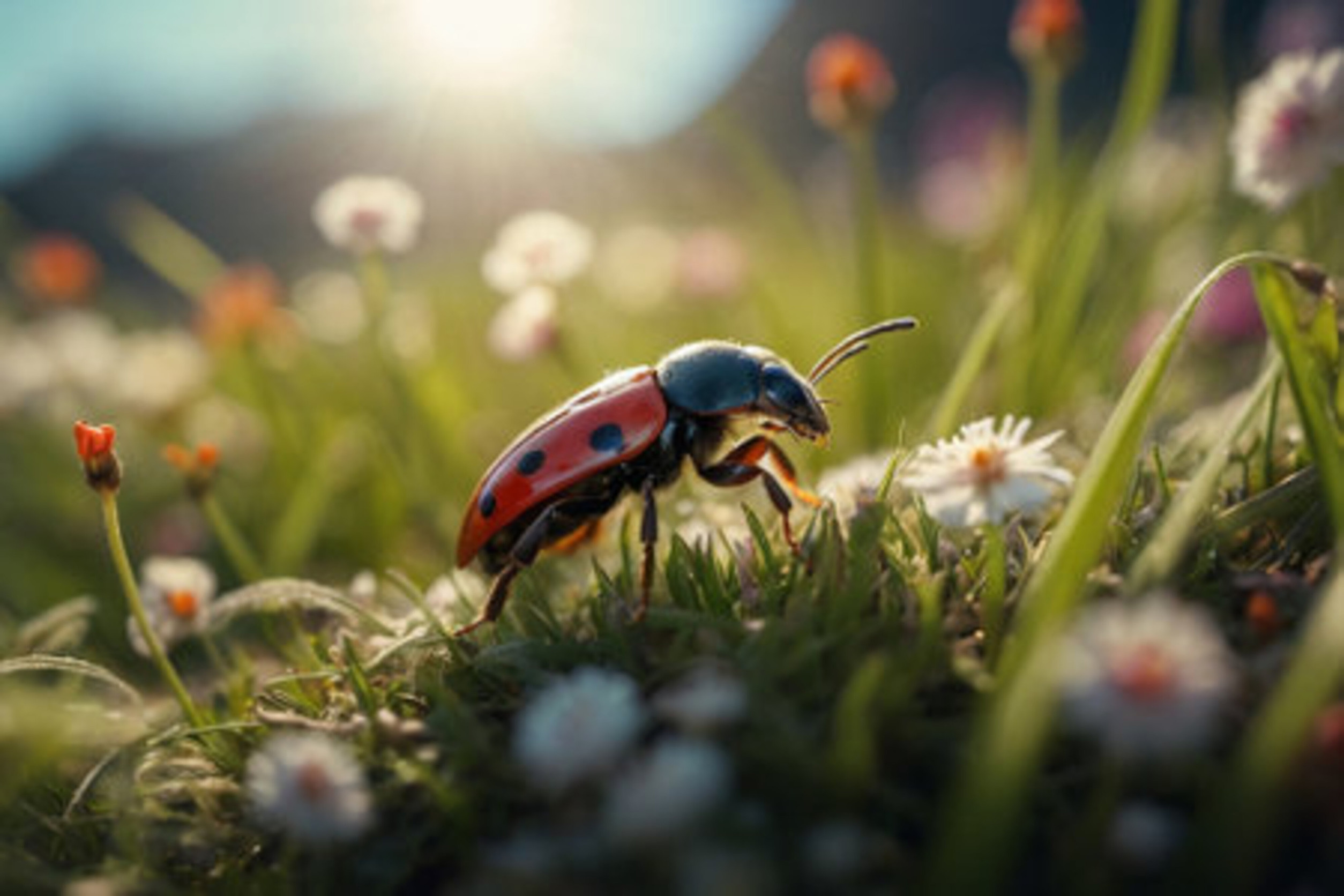
Image Source: 123rf.com
Pesticides might seem like an effective solution for keeping pests away, but their use comes with consequences that extend beyond your garden. Many gardeners are turning to alternative methods as they recognize the long-term harm these chemicals can cause. Here are seven compelling reasons why you should stop using pesticides in your garden and embrace more sustainable practices.
1. Pesticides Harm Pollinators
Bees, butterflies, and other pollinators are essential for the health of your garden and the wider ecosystem. Unfortunately, pesticides can disrupt or even destroy local pollinator populations. These chemicals often target more than just pests, inadvertently harming the very creatures responsible for pollinating your fruits, flowers, and vegetables.
2. They Contaminate the Soil
Pesticides can leach into the soil, altering its natural composition and killing beneficial microorganisms. Healthy soil is teeming with life that supports plant growth, but these chemicals disrupt this balance. Over time, pesticide use can degrade soil quality, making it harder for plants to thrive.
3. Pesticides Threaten Wildlife
Birds, amphibians, and small mammals that frequent gardens are also at risk from pesticide exposure. Consuming poisoned insects or plants can harm or even kill wildlife, upsetting the delicate balance of your local ecosystem. Avoiding pesticides helps preserve the biodiversity around your garden.
4. They Can Endanger Human Health
Prolonged exposure to pesticides—through inhalation, ingestion, or skin contact—can lead to health risks for you and your family. Studies have linked certain pesticides to respiratory issues, hormone disruption, and even cancer. Eliminating their use creates a safer environment for everyone.
5. Pests Develop Resistance

Image Source: 123rf.com
Over time, many pests adapt and develop resistance to pesticides, rendering the chemicals ineffective. This can create a cycle of heavier chemical use, leading to more harm without addressing the root cause of pest issues. Integrated pest management and natural solutions are more sustainable and effective.
6. They Contribute to Water Contamination
Rain or irrigation can wash pesticides off your garden and into nearby water sources. These chemicals can contaminate rivers, lakes, and groundwater, affecting aquatic life and potentially making their way into drinking water supplies. Reducing pesticide use helps protect waterways and aquatic ecosystems.
7. Natural Alternatives Are Just as Effective
From companion planting to introducing beneficial insects, there are countless natural methods for pest control that don’t compromise the health of your garden or environment. Exploring these alternatives not only reduces harm but can also create a more balanced and self-sustaining ecosystem in your garden.
Garden Smarter, Not Harder
The risks associated with pesticides far outweigh their perceived benefits. By ditching chemical solutions, you can create a thriving, eco-friendly garden that supports pollinators, wildlife, and the health of your family. Let’s make gardening a force for good, starting with what we choose to leave out.
Have you considered the unseen consequences of using pesticides in your garden, and what steps could you take today to create a safer, eco-friendly space?
Read More:
6 Ways Your Garden May Be Breaking the Law Without You Knowing
10 Common Garden Plants That Are Actually Invasive Species

Tamila McDonald is a U.S. Army veteran with 20 years of service, including five years as a military financial advisor. After retiring from the Army, she spent eight years as an AFCPE-certified personal financial advisor for wounded warriors and their families. Now she writes about personal finance and benefits programs for numerous financial websites.
Leave a Reply